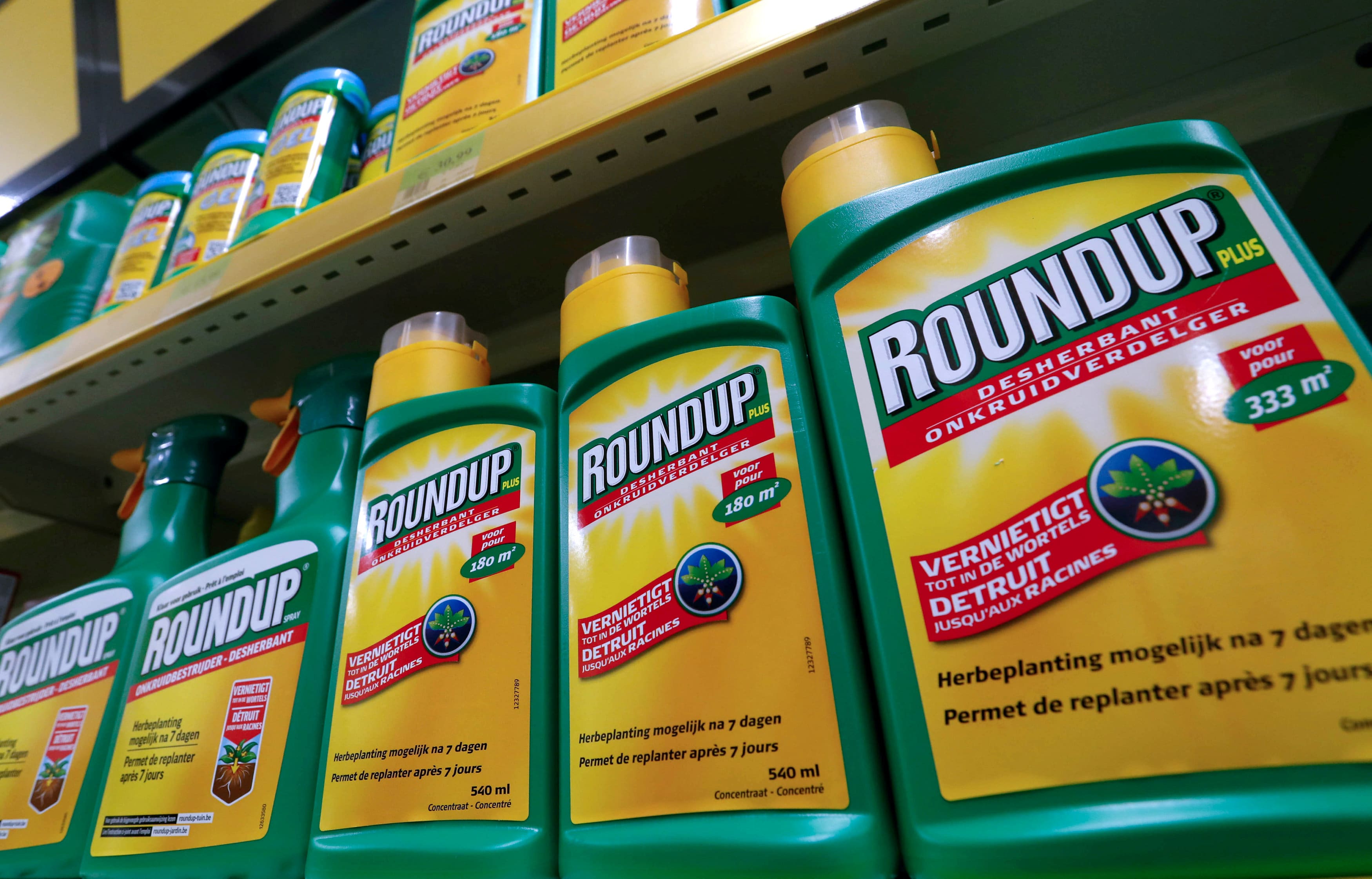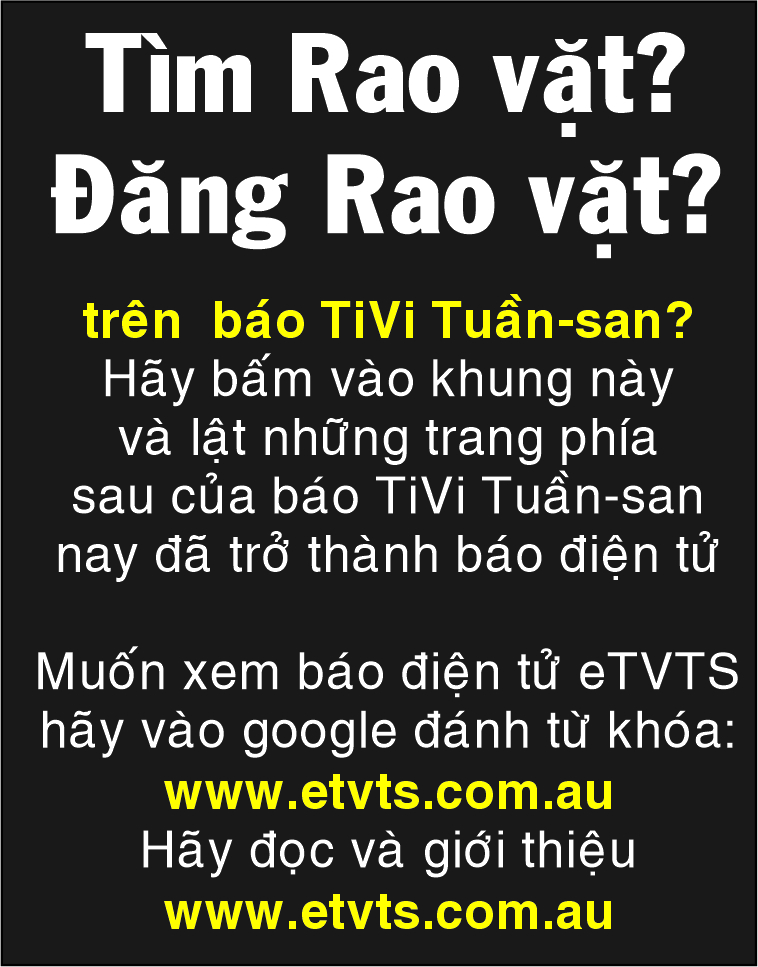US criticises Vietnam ban of glyphosate herbicide imports
 Monsanto’s Roundup weedkiller atomisers are displayed for sale at a garden shop near Brussels, Belgium November 27, 2017. (Photo: Reuters/ File Photo)
Monsanto’s Roundup weedkiller atomisers are displayed for sale at a garden shop near Brussels, Belgium November 27, 2017. (Photo: Reuters/ File Photo) CHICAGO/HANOI – US Secretary of Agriculture Sonny Perdue has criticised Vietnam’s move to ban imports of glyphosate-based herbicides, saying the decision would have “devastating impacts on global agricultural production.”
Vietnam’s government said in a statement that the toxic level of herbicides containing glyphosate had long been of concern, in the latest display of global worries over the product’s impact on human health. State media reports said the ban would take effect in June.
Glyphosate, the chemical contained in Bayer AG’s best-selling weed killer Roundup, is the target of thousands of lawsuits in the United States alleging exposure to it causes cancer.
Roundup, which Bayer acquired with its $US63 billion purchase of Monsanto last year, was the first to contain glyphosate, the world’s most widely used weed killer. But it is no longer patent-protected and many other versions are available.
Bayer said Vietnam’s ban will not improve food security or safety in the country and that the company was not aware of any new scientific assessment undertaken by Vietnam’s government on which the decision is based.
“The overwhelming weight of over four decades of extensive science and the conclusions of regulators worldwide … support the safety of glyphosate-based herbicide products,” Bayer said in a statement.
Perdue said the US government had shared scientific studies with Vietnam concluding that glyphosate is unlikely to pose a carcinogenic hazard to humans.
“As I’ve often said, if we’re going to feed 10 billion people by 2050, farmers worldwide need all the tools and technologies at our disposal,” Perdue said.
“In addition to the immediate effect of slowing the development of Vietnamese agricultural production, there’s the very real risk that Vietnam’s farmers will turn to unregulated, illegal chemical products in place of glyphosate,” Perdue said.
While regulators in Europe and elsewhere agree with the US assessment, the World Health Organisation’s cancer arm in 2015 classified glyphosate as “probably carcinogenic to humans.”
Hoang Trung, head of the Plant Protection Department under Vietnam’s Ministry of Agriculture and Rural Development, said in a statement posted on the department’s website that long-term exposure to herbicides and pesticides affects the environment and is severely unhealthy for those exposed.
“The decision to remove herbicides containing glyphosate from the list of plant protection chemicals permitted for use in Vietnam is in accordance with the current law, international regulations and in line with Vietnam’s socio-economic conditions,” Trung said in the statement.
Sri Lanka prohibited glyphosate use in 2015 but reversed its decision for tea and rubber last year after farmers said the ban hurt businesses, according to Bayer.
Reuters


